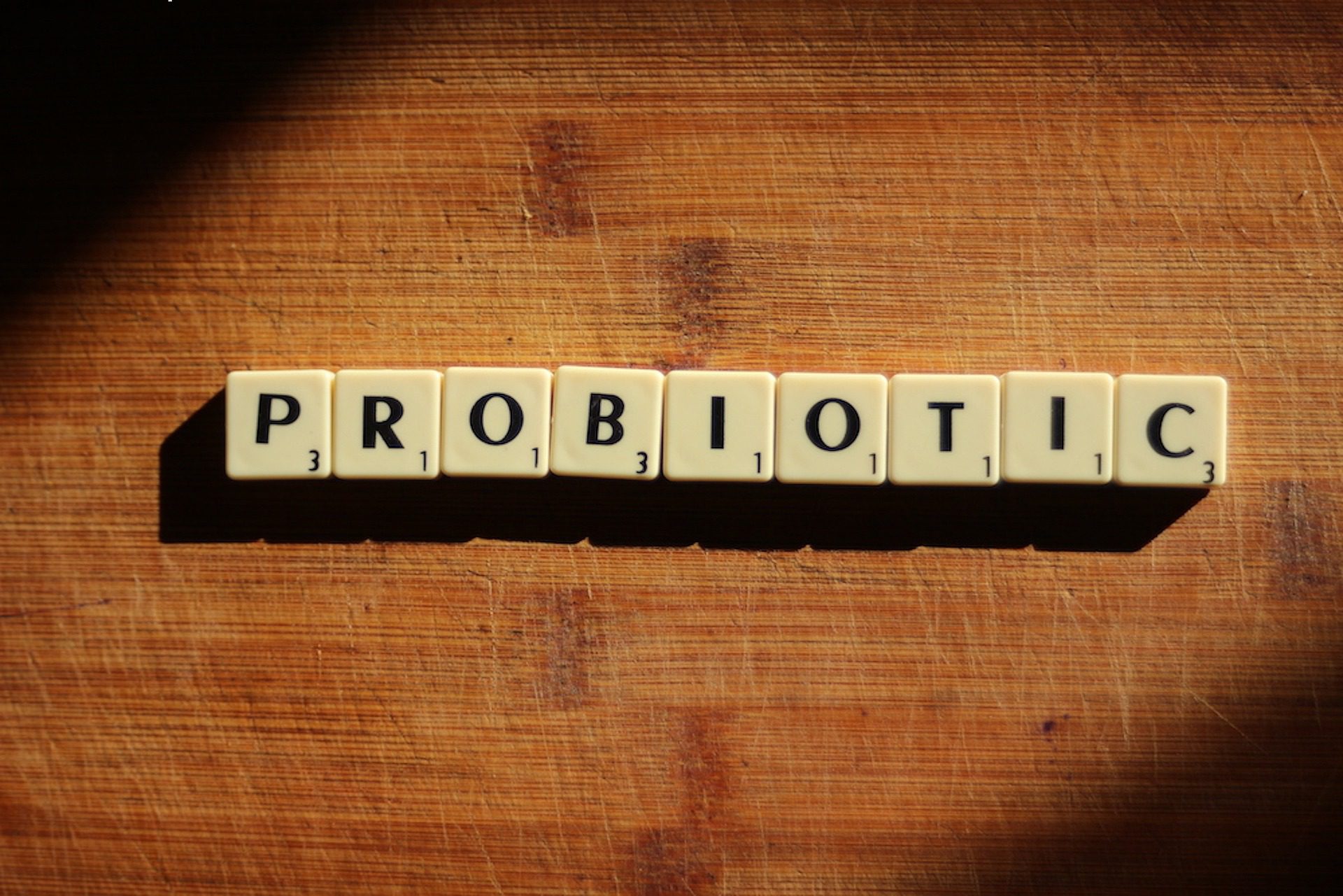\”Should I get my microbiome tested?’’ is a common question I get asked. A stool test being a poo sample collection that return the sample to a lab or your doctor’s office for analysis. Clinical trials proving that microbiome tests lead to health benefits are however non-existent! In fact two recent reviews indicated that these tests are unsuitable for clinical use and more research is needed (1, 2). The reasons for doubt are multi-fold, and start with the accuracy and relevance of the microbiome results:
- Although it is increasingly recognized that our microbiome, the community of trillions of microbes that live in our digestive tract, play a crucial role in our health, we still don’t know what the ideal microbiome looks like! Microbiomes are as unique as fingerprints. Even identical twins do not have identical microbiomes.
- It is not clear whether specific strains of bacteria and low levels of microbial diversity promote chronic disease or is it the other way around (do chronic disease lead to imbalanced microbes?)
- Some gut microbes appear to be beneficial in some people and detrimental in others, so it’s not easy to simply categorize as ‘good’ and ‘bad’ microbes. A microbe’s behaviour can even by two faced – it can be helpful or harmful depending on what other microbes are around, and in what numbers! You can also have a pathogenic strain living peacefully which means you don’t have to try and get rid of it.
- Every microbiome is dynamic- changes in diet, exercise, seasons, location and factors like antibiotic use can alter your microbiome in a matter of days. So when you complete a stool microbiome test, you’re just taking a snapshot, seeing what is there at that point in time. The next stool test result could be much different!
- Stool tests measures just that – the microbes in your stool. Scientists are concluding that this can’t be conclusive in the context of overall health, as surely knowing what’s going on in other parts of your gut, especially your small intestine is important too.
- About half of the microbes that reside in your gut have not even been named yet. never mind having found out what they do! Think snapshot spit in half (one half blank!)
There is a raft of companies who propose to measure your own unique microbiome, and as you can see these are not fool proof. But more worrying is that some companies now claim they can tell you foods are best for you to eat, or ‘diagnose’ food intolerances, based on the composition of your microbiome and other personal data.
Although science looks very promising, (and the marketing very convincing ?), the evidence behind such claims is still in its infancy. It is probably only a matter of 5-10 years before the dietary advice will be able to be complement microbiome findings. So the consensus amongst those not trying to sell microbiome tests is that the recommendations give false hope rather than realistic solutions to health problems.
One of the best and completely free ways to take a ‘stool’ check is to look at what arrives in the toilet bowel every now and again, as this can tell a lot about what’s going on inside you (you can obviously do this in private!). To categorize ‘normal’ look for the:
- Frequency: Anywhere from 3 a week up to 3 a day is the wide range of normal (note: doesn’t have to be once a day)
- Consistency: You’re aiming for a type 3, 4 on the Bristol Stool Chart. Type 1 and 2 indicate constipation. Type 5 indicates a possible lack of fibre. Type 6 and & are loose (diarrhoea).
- Colour: Brown is good. (If it’s ever red or black you should check in with your doctor)
- The plop: Healthy poo should feel complete (the feeling that you fully emptied your bowel). If incomplete, it is a sign of being constipated. It should also sink. If it floats it could be a sign of malabsorption or other health issues.
If you want to complete a stool microbiome test, keep the limitations in mind. If you’re suffering from gut issues or a change in bowel habit, and suspect you might be reacting to certain foods, speak to your GP or dietitian first before eliminating to rule out coeliac disease or anything more serious.
References:
Muller E, Algavi YM, Borenstein E. A meta-analysis study of the robustness and universality of gut microbiome-metabolome associations. Microbiome. 2021 Oct 12;9(1):203.
Staley C, Kaiser T, Khoruts A. Clinician guide to microbiome testing. Dig Dis Sci. 2018 Dec;63(12):3167–77.



